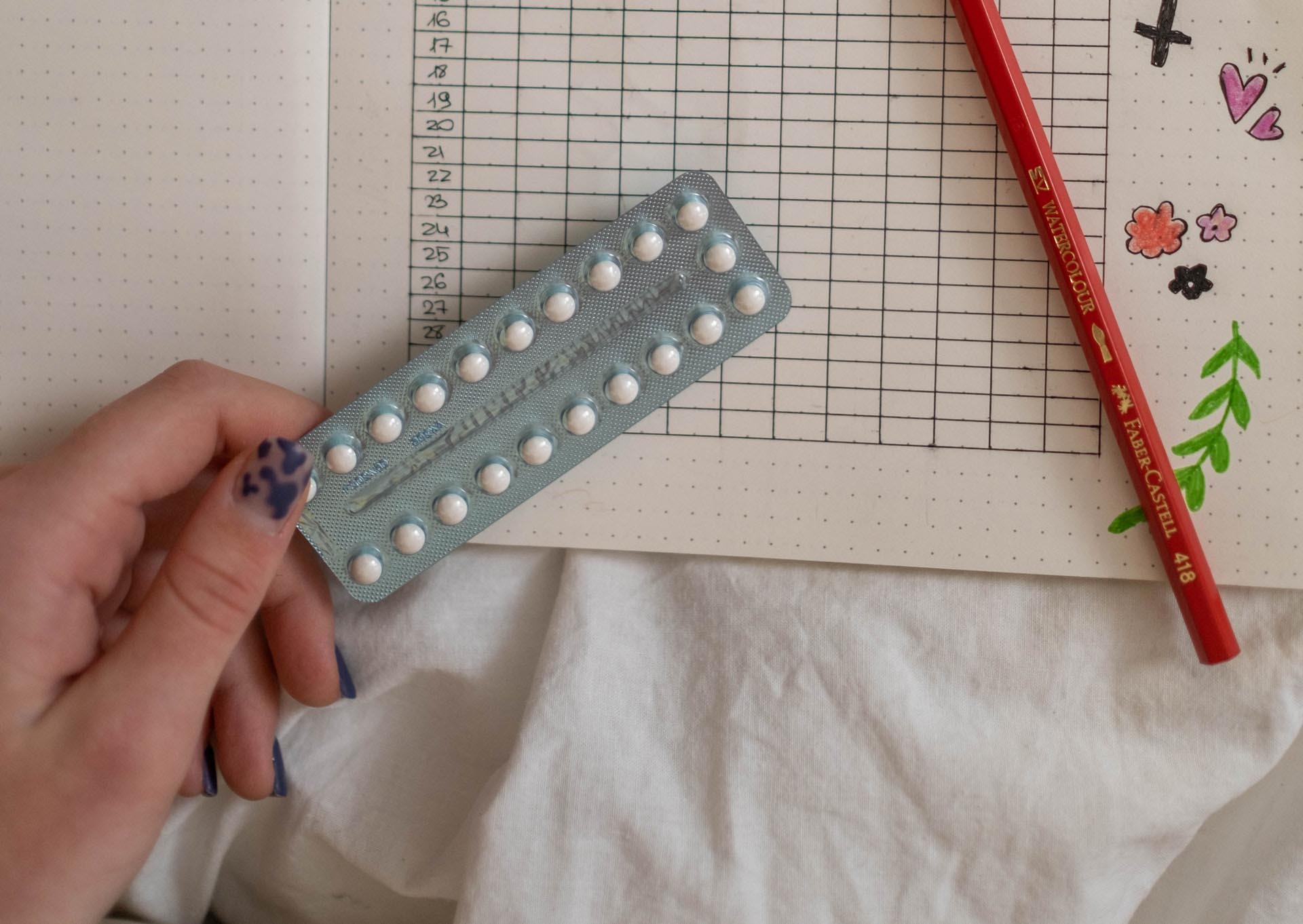Oral contraceptives (the pill) are hormonal contraception medications that women take regularly. They contain either hormones (progestogen and estrogen) or a single hormone(progestogen). Understanding how the pill works and how to use it properly might help you avoid unexpected pregnancy, irregular bleeding, and hormone imbalance. As a result, it’s critical to learn everything about the medication.
Women’s awareness has increased substantially since the pill’s introduction in 1960, but there is still a lot of misinformation and falsehoods out there. Some women may ask if it has any adverse side effects, like bloating or weight gain. Here is some vital pill information to be aware of:
The effect on weight is minimal
Even though some people appear to gain weight while taking the pill, research has found no link between weight gain and birth control.
Some people may experience bloating from the estrogen in the pill. Even if you don’t, this can make you feel like you do. However, this effect usually fades over time. The pill’s progestin may enhance your appetite. As a result, you might consume more. Eating more can contribute to weight gain if not balanced with diet and activity. People frequently begin taking the pill as their weight fluctuates throughout their lives. Even though the weight fluctuations are largely unrelated, the pill has a reputation for inducing weight gain.
There’s no need to take a break
You can take the pill as many times as you need for as long as you need it. Nonetheless, doctors advise that you review your contraception needs after 15 years of use or at the age of 35. One of the most effective contraceptives is the pill. If you’re sexually active, taking a break may boost your chances of becoming pregnant. It’s essential to be aware that getting pregnant after discontinuing the pill is possible.
The pill is safe to use
Some people wonder if the medication is safe or can cause problems. You can rest assured that the birth control pill is one of the most researched and recommended drugs in the world. It’s a safe and well-tolerated contraception approach, according to experts. The medication hasn’t been connected to any congenital problems, even unintentionally taken during early pregnancy (congenital disabilities).
Long-term use doesn’t affect fertility
There is no link between taking the pill and becoming infertile. After discontinuing the medicine, fertility can return virtually immediately. That’s why it’s crucial not to forget to take one of your pills. Following the discontinuation of pill use, some people may experience a delay in becoming pregnant. This is especially true for those who had irregular periods before beginning the programme.
Not all pills are the same
Some people believe that every birth control pill is the same. On the other hand, birth control pills come in a variety of brands and kinds. Hormone levels can range from low to high. Alternatively, they could be given different doses during each pill pack cycle.
Oral contraceptives fall into two main categories:
- Combination pills: Contain estrogen and progestin
- Progestin-only pills: Contain progestin but not estrogen
The pill may affect the risk of some cancers
Some people are concerned that taking the medication would lead to cancer. This isn’t true for most. Using the pill does not, in general, enhance your total cancer risk. The pill might protect from certain tumours. It may also lower the risk of ovarian, endometrial, and colorectal cancers in those at average risk for cancer.
There are other uses for the pill
Non-contraceptive benefits of the pill and other hormonal contraception include more regular periods, managing period timing, reducing ovulation pain, reducing menstrual cramps, lowering the risk of anemia caused by heavy periods, and minimizing symptoms of the premenstrual dysphoric disorder (PMDD).
The pill can also prevent excess face and body hair, ectopic pregnancy, acne, non-cancerous breast growths, ovarian cysts and cancer, pelvic inflammatory disease, osteoporosis, and menstrual migraines.
If you are looking for a family doctor in Downtown Toronto, give us a call at 416-923-7770 or simply walk-in!

